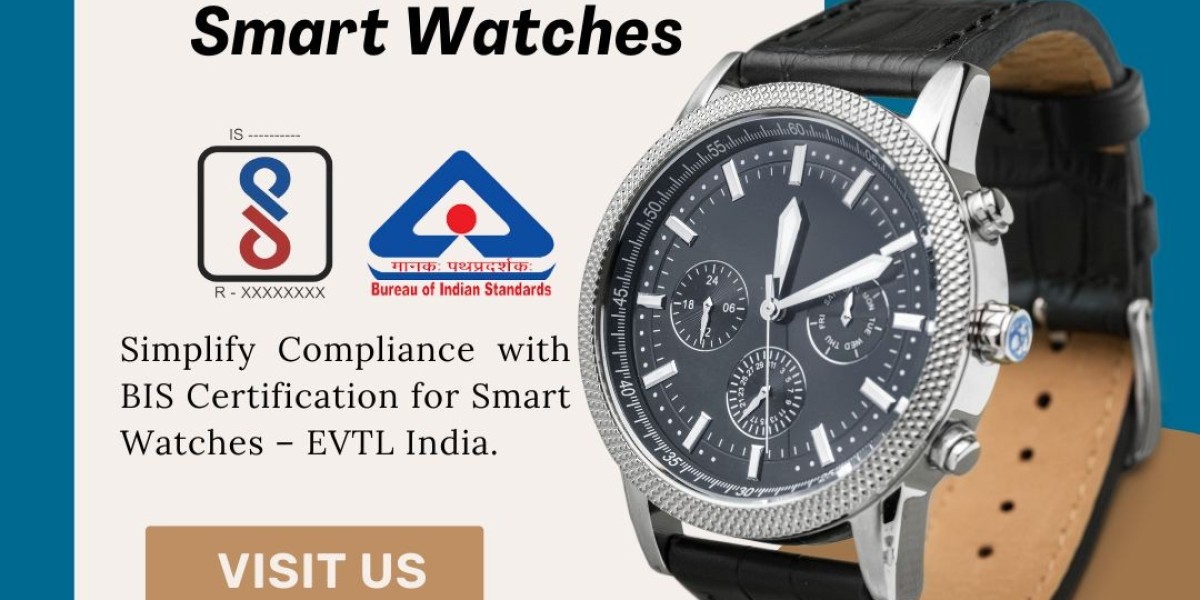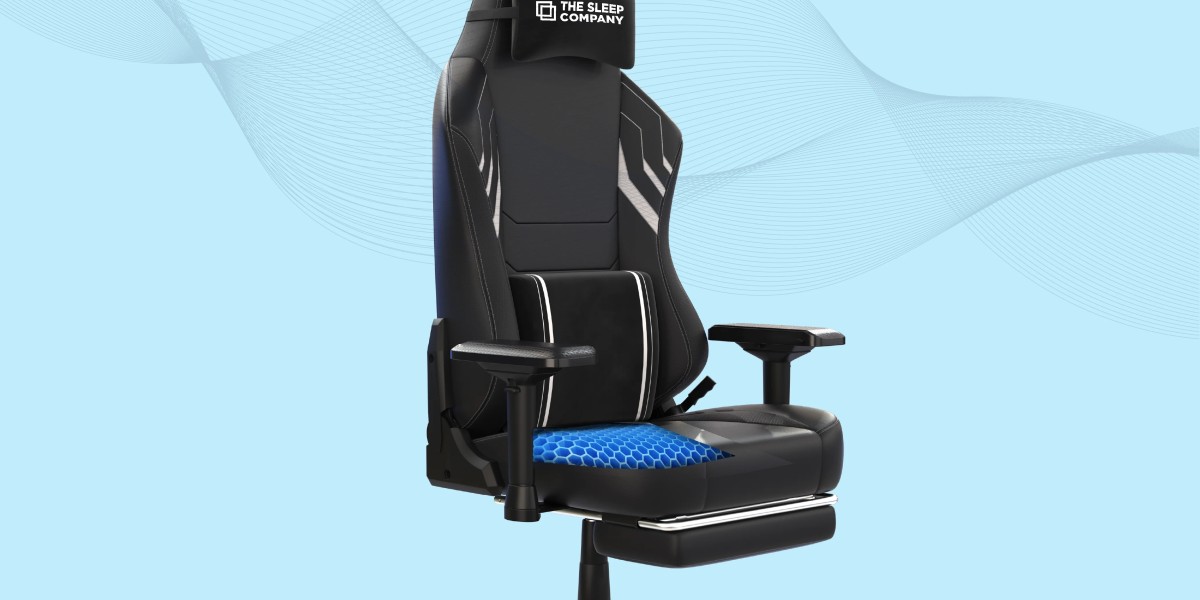The rapidly expanding smartwatch market offers exciting opportunities, but it also comes with its fair share of regulatory challenges. For companies like EVTL India, successfully navigating these requirements is essential for thriving in this space. In this article, we’ll explore the details of obtaining BIS Certification for Smart Watches, giving EVTL India a clear view of the entire process, the costs involved, and the challenges we might face. Complying with the Bureau of Indian Standards (BIS) isn’t just a regulatory box to tick; it’s a key move in promoting consumer trust and ensuring access to the Indian market.
Understanding BIS Certification for Smart Watches
The Bureau of Indian Standards (BIS) is India’s national standards organization. To sell and distribute smartwatches in the country, obtaining BIS certification is mandatory. This certification guarantees that products adhere to specific safety, performance, and electromagnetic compatibility (EMC) standards, protecting consumers from possible dangers.
Key Components of BIS Certification for Smart Watches
The IS 13252(Part 1): 2010 journey for smart watches encompasses several critical components, each requiring careful attention and strict adherence to specific guidelines.
Safety Standards: This aspect is critical, focusing on both user safety and product integrity. Tests are conducted to confirm the quality of materials, electrical safety, and mechanical strength, ensuring safe long-term use. This includes evaluating risks like electrical shocks, burns, and mechanical breakage, with special attention on battery safety, charging methods, and impact resistance.
Performance Standards: BIS certification also looks closely at the performance features of smartwatches. This covers aspects such as display accuracy, battery longevity, and how responsive the operating system is. Testing is structured to confirm that the product performs as expected and meets the advertised specifications.
Electromagnetic Compatibility (EMC) Standards: Given the built-in electronics of smartwatches, we can be vulnerable to interference from other devices and external factors. EMC testing makes sure that the smartwatch functions smoothly without disrupting other devices or experiencing disruptions. This is critical to maintaining a safe, dependable operating environment. The testing protocols assess radiated emissions, immunity to electrical noise, and conducted emissions.
Technical Documentation: A thorough technical document detailing the design, materials, manufacturing processes, and testing outcomes is necessary. This documentation is an important part of the certification journey, serving as proof that the product complies with all relevant standards.
Conclusion
EVTL India is one of the leading BIS Consultant in India, helping manufacturers obtain our BIS licenses hassle-free. Obtaining BIS certification for smartwatches is a fundamental step for entering the Indian market. For EVTL India, this process requires a deep understanding of the requirements, a solid testing approach, and detailed documentation. By focusing on compliance with BIS standards, EVTL India can earn consumer trust, broaden its market presence, and eventually achieve success in the Indian smartwatch sector. Staying alert and adjusting to new standards will be critical for ongoing success.








